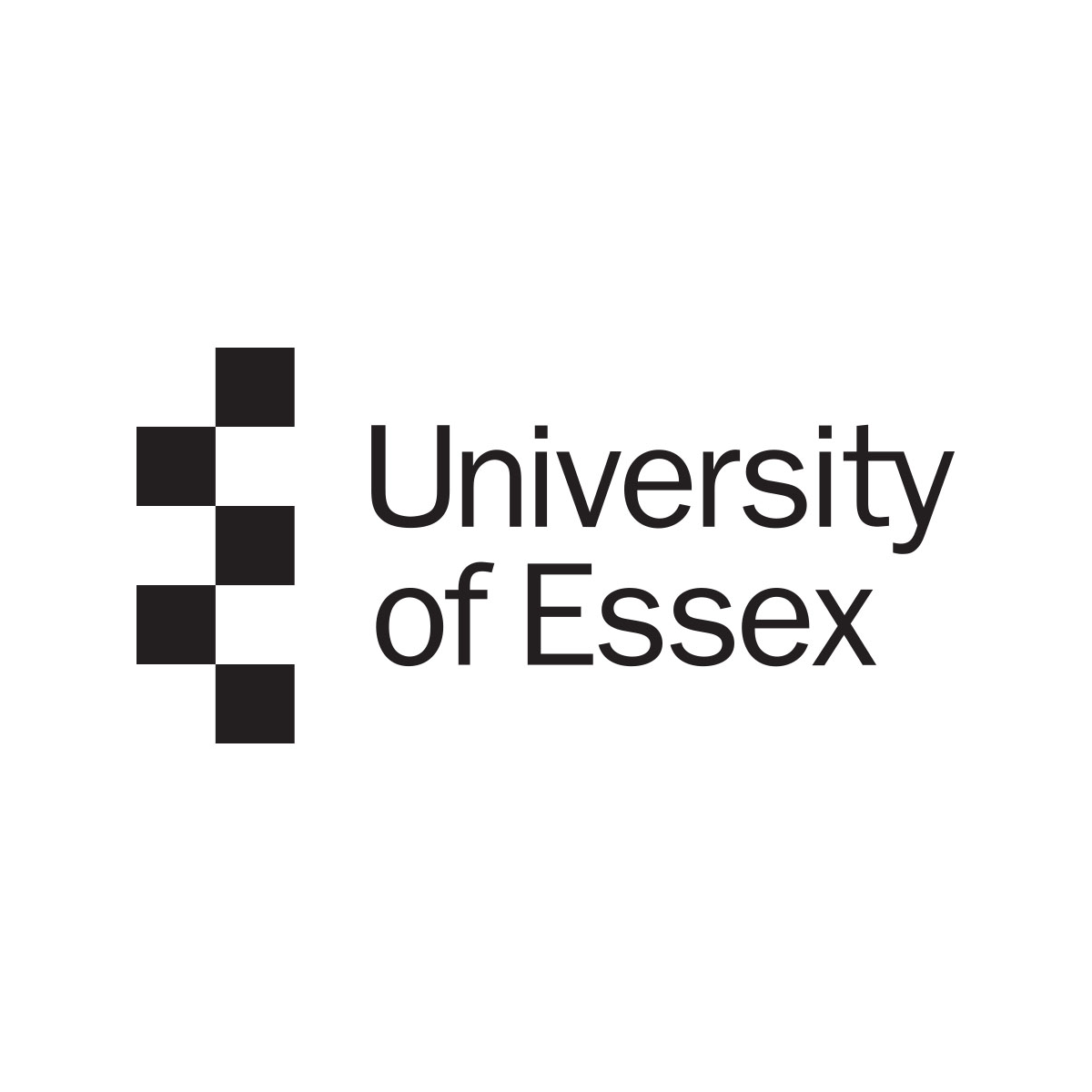It's Disability Awareness Month
.jpg?mh=1000&mw=1000&hash=FF7759894DD26576D51609DC1DE3CAEA)
For Disability Awareness Month this year, our focus is on raising awareness around hidden disabilities. These are also known as non-visible or invisible disabilities.
Hidden disabilities are disabilities that are not immediately obvious to other people. They include things like autism, long-term medical conditions, mobility difficulties, mental health conditions, specific learning differences (SpLDs), sensory loss, and speech impediments. Without a visual cue, it can be challenging for others to recognise or understand the daily barriers faced by those with hidden disabilities. That’s why some people chose to wear the sunflower motif.
Wearing the sunflower motif as a lanyard or pin badge allows an individual to discreetly indicate that they may have additional support needs. If you see someone wearing the sunflower, it’s a good way to know that they may need a bit more understanding and assistance. Giving them a little more time may be appropriate too.
If you are a student and have a hidden disability and want to learn more about the support that may be available to you during your studies, then please contact the Student Wellbeing and Inclusivity Service (SWIS). We can also provide you with a sunflower lanyard if you wish to wear one, as well as comprehensive information on the support available to you.
To further highlight our commitment to supporting students with hidden disabilities, we have signed up as a member of the Hidden Disabilities organisation and we are asking our community to join together in promoting the sunflower scheme throughout December. You can get insights into what non-visible disabilities are and how the sunflower supports people by visiting the Hidden Disabilities website.
You can also find out more about the scheme and the commitment we are making by watching this short video.
If you’re interested to find out more about our University commitment, you can also complete one of our SWIS Raising Awareness Programmes in Moodle. This offers training materials on a range of hidden disabilities, and our advisers offer training sessions during terms 2 and 3 each year.
Thank you for showing your support.
